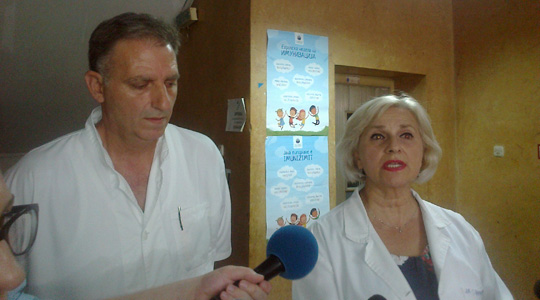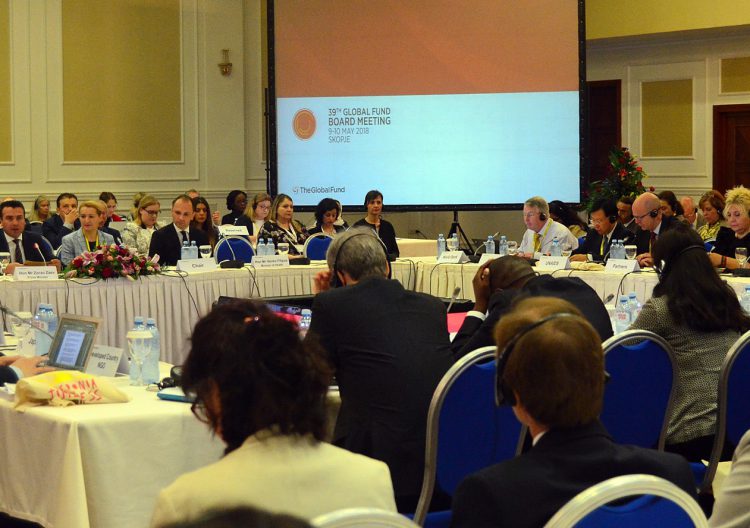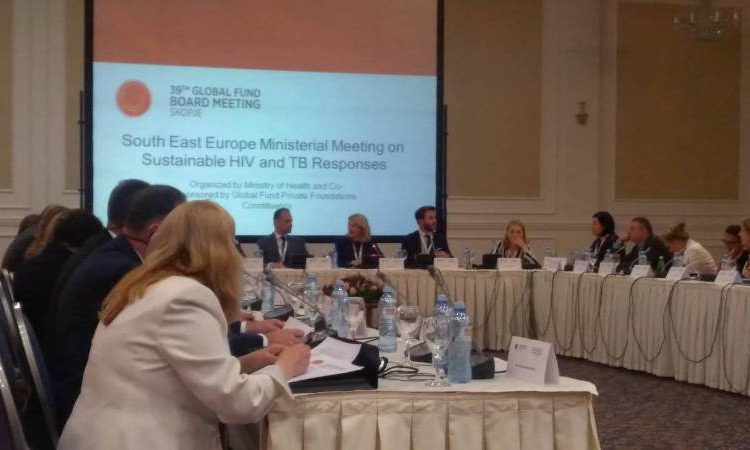The UNDP has just published the Human Development Report 2013 entitled “The Rise of the South:¬ÝHuman Progress in a Diverse World”.
Ms. Helen Clark, Administrator of the United Nations Development Programme, highlights in the Foreward:
The 2013 Human Development Report,¬ÝThe¬ÝRise of the South: Human Progress in a Diverse Worldlooks at the evolving geopolitics of our¬Ýtimes, examining emerging issues and trends¬Ýand also the new actors which are shaping the¬Ýdevelopment landscape.The Report argues that the striking transformation of a large number of developing countries into dynamic major economies with growing political influence is having a significant impact on human development progress. The Report notes that, over the last decade, all countries accelerated their achievements in the education, health, and income dimensions as measured in the Human Development Index (HDI)‚Äîto the extent that no country for which data was available had a lower HDI value in 2012 than in 2000. As faster progress was recorded in lower HDI countries during this period, there was notable convergence in HDI values globally, although progress was uneven within and between regions.The Report also suggests that as global development challenges become more complexand transboundary in nature, coordinated action on the most pressing challenges of our era, whether they be poverty eradication, climate change, or peace and security, is essential. As countries are increasingly interconnected through trade, migration, and information and communications technologies, it is no surprise that policy decisions in one place have substantial impacts elsewhere. The crises of recent years‚Äîfood, financial, climate‚Äî which have blighted the lives of so many point to this, and to the importance of working to reduce people‚Äôs vulnerability to shocks and disasters.Finally, the Report also calls for a critical look at global governance institutions to promote a fairer, more equal world. It points to outdated structures, which do not reflect the new economic and geopolitical reality described, and considers options for a new era of partnership. It also calls for greater transparency and accountability, and highlights the role of global civil society in advocating for this and for greater decision-making power for those most directly affected by global challenges, who are often the poorest and most vulnerable people in our world.As discussion continues on the global development agenda beyond 2015, I hope many will take the time to read this Report and reflect on its lessons for our fast-changing world. The Report refreshes our understanding of the current state of global development, and demonstrates how much can be learned from the experiences of fast development progress in so many countries in the South.”
For those who are interested, the full report could be found using the following link:



